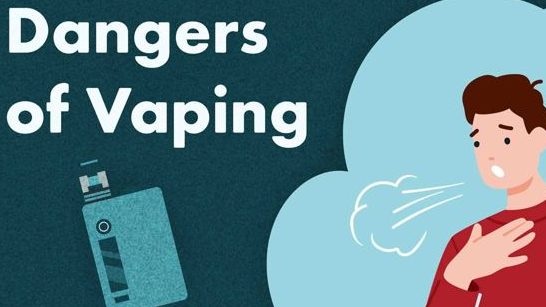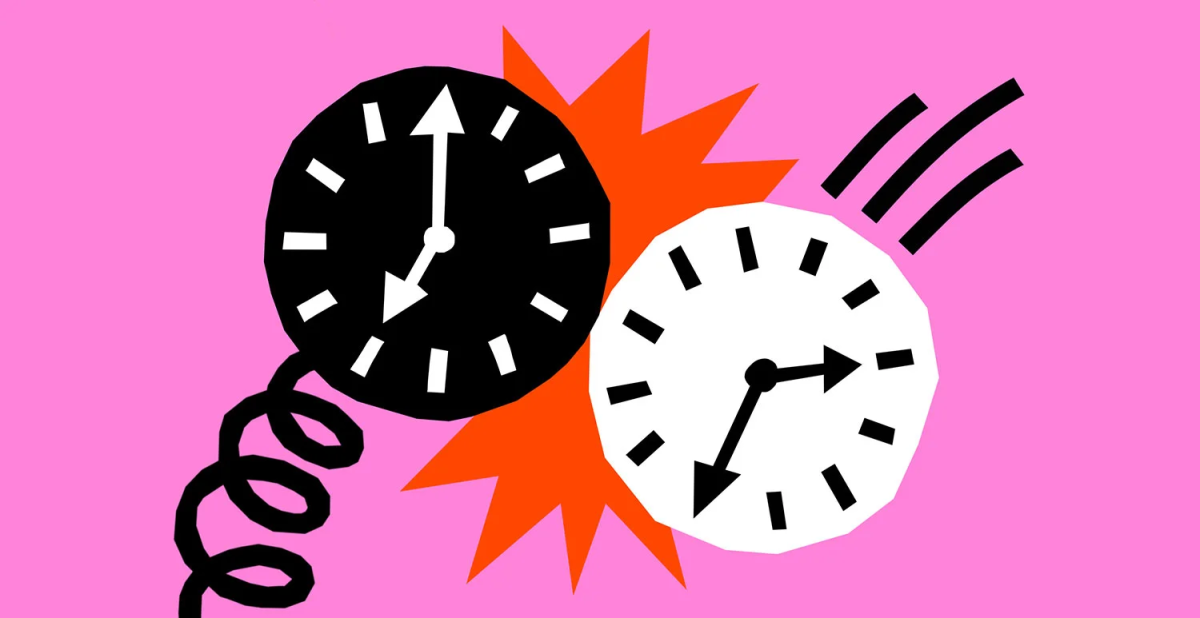On March 10th, 2024, about a third of the world’s countries changed their clocks an hour ahead, causing people to lose an hour of their day. Daylight savings time lasts around 8 months each year in the spring and stops in the fall. The saying “Spring forward / Fall back” explains the time change – in the spring, move an hour ahead and in the fall, ‘falling’ an hour behind.
The history of daylight savings ironically traces to when Benjamin Franklin commented in a letter to an editor of The Journal of Paris about people waking up earlier to minimize the usage of oil lamps and candles jokingly. However, in 1895, an entomologist (someone who studies insects and bugs) from New Zealand proposed the idea of a 2 hour time shift that would give people more time after work hours to spend time outside during the summer. 30 years later, in 1905, a British Builder suggested that over the course of April, there will be a 80 minute time change and in September, return the time back in the same pattern.
The practice of daylight savings time officially started in Germany 1916, during World War I when the German Empire set their clocks back to save fuel and light for war. After the war ended, several other countries, including the U.S., followed in Germany’s footsteps. In 1918, the U.S.A. the bill that supported daylight savings time was repealed or revoked. However, later in World War II, daylight savings was reenacted with the new name of “War Time”. Years later, in 1966 the Uniform Time Act brought the annual daylight savings time tradition back. So far, about 70 countries worldwide participate in daylight savings time.
With the change of time, daylight savings also changes people’s sleep schedule which affects both a person’s mental and physical health. Due to the human body circadian rhythm (mental, physical, and behavior changes throughout the day) is strongly affected by light Studies from Harvard Health found that gaining and losing an hour of sleep disrupts the human body’s sleep schedule and leaves the person feeling fatigued and less focused. Poor sleep was also shown to have a higher risk of anxiety, depression, and heart attack.

























